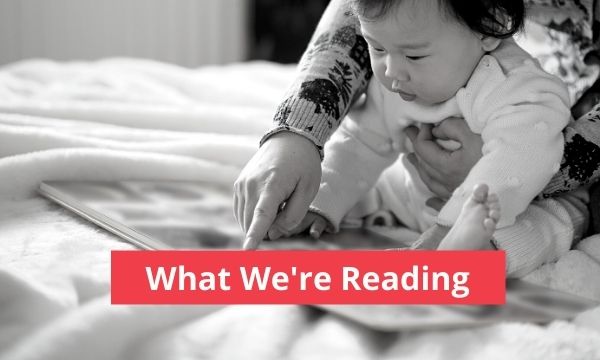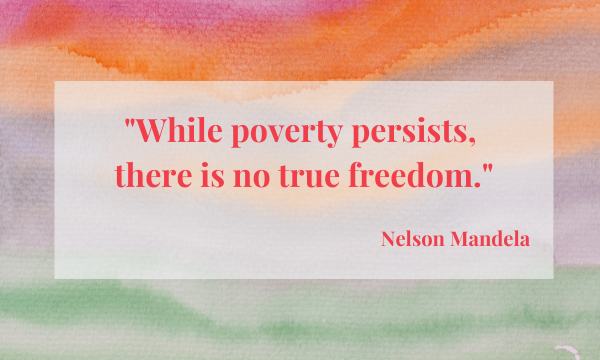
Passage of HB 4005 a Step Toward Freedom
There were challenges in the child care and early learning space prior to the pandemic, but the crisis has only been magnified over the past two years. HB 4005 was designed to address this crisis, helping our communities throughout the state that need it most.
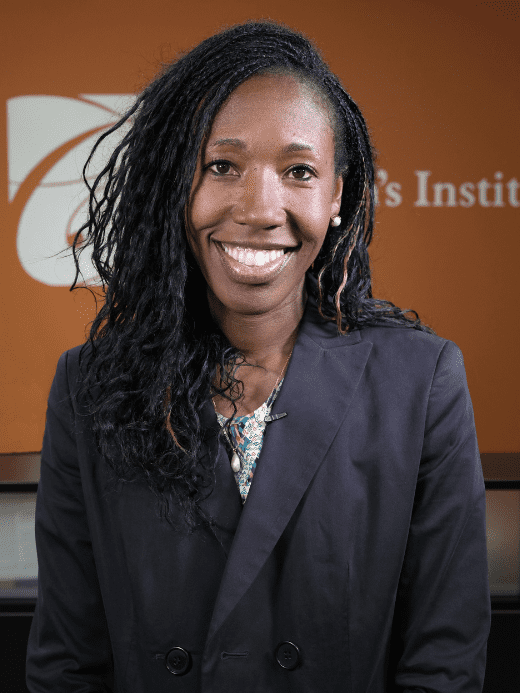
Last week, I had the opportunity to testify to the Oregon legislature in support of House Bill 4005, which has since passed with unanimous support!
This bill, championed by the Child Care for Oregon Coalition, a group of nonprofit organizations like CI, labor unions, community advocates, parents, caregivers, and providers, is a needed response to the COVID-19 child care crisis and is an excellent step in building a comprehensive child care system in Oregon.
There were challenges in the child care and early learning space prior to the pandemic, but the crisis has only been magnified over the past two years, as has the unmitigated impact on children, families, providers, and the greater economy. HB 4005 was designed to address this crisis, helping our communities throughout the state that need it most.
Our future—our collective Oregon future—depends on decisiveness now, in order to get things right and set a foundation for our communities all across the state to thrive. Child care sustainability is integral to that. It is integral to making our communities work—not just for those with children, but for employers as well.
HB 4005 allows for a rate increase to providers caring for kids who are on a child care subsidy program. This supports the providers who are caring for some of our lowest-income children and families, and not only brings subsidy payments closer to the cost of care for providers, which helps their businesses survive, it also gives them greater incentive to serve families who have been hit by economic hardship. The bill will also increase the purchasing power of families who receive subsidies. Parents will have the choice to find the best option for their child, even if they don’t have a lot of money.
This is not only the commonsense thing to do, it is the moral thing to do.
In addition to this, HB 4005:
-
- Establishes a capacity-building grant program that will recruit, train, and support new providers and help current providers expand. (There are parts of our state right now, where there is one child care provider in a 60 mile radius. This is unacceptable.)
- Provides direct payments of $500 to child care workers to recruit and/or retain the child care workforce.
- Supports the Department of Early Learning & Care and continued implementation of child care so that the gains that we’re making, last.
The late and great Nelson Mandela said: “Overcoming poverty is not a gesture of charity. It is an act of justice. It is the protection of a fundamental human right, the right to dignity and a decent life. While poverty persists, there is no true freedom.”
This bill, House Bill 4005, is a step in the right direction toward freedom. It is a step in the right direction toward protecting the dignity and decency of all Oregonians.


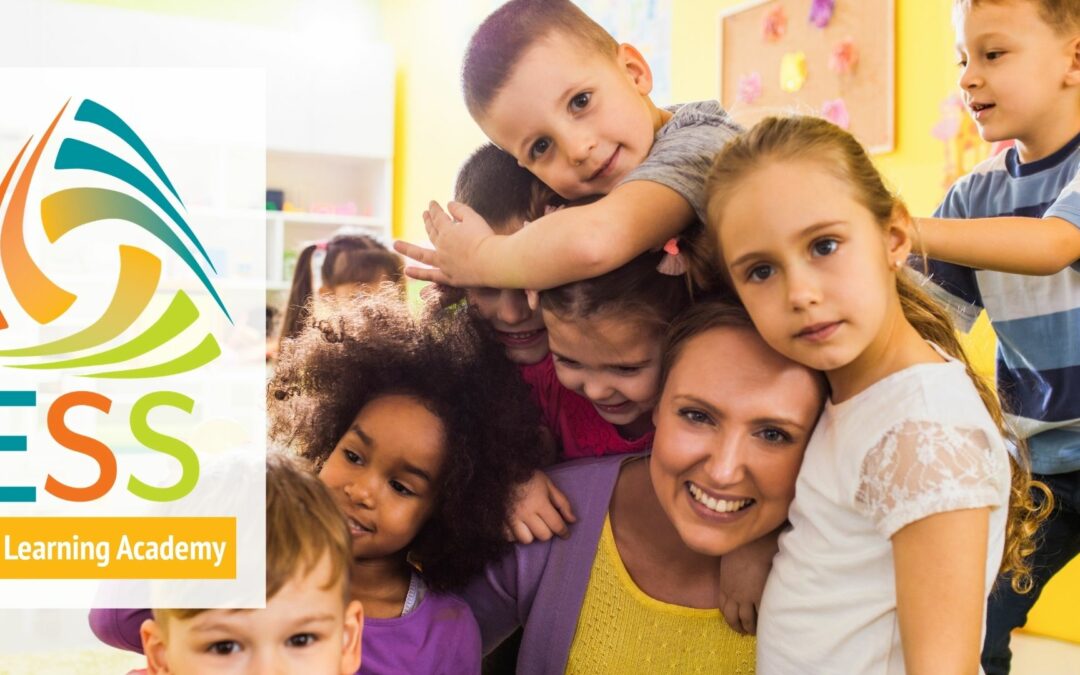

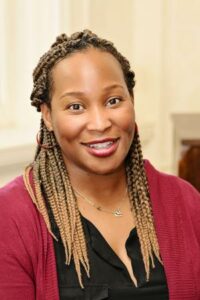 Iheoma U. Iruka, Ph.D., is a Research Professor in the Department of Public Policy, a Fellow at the Frank Porter Graham, Child Development Institute (FPG), and Founding Director of the Equity Research Action Coalition at FPG (the Coalition) at the University of North Carolina at Chapel Hill. Through the Coalition, Dr. Iruka is leading projects and initiatives focused on how evidence-informed policies, systems, and practices in the early years can support the optimal development and experiences of minoritized children and children from low-income households and communities. Her work focuses on ensuring that children start off well, through family engagement and support, quality rating and improvement systems, and early care and education systems and programs. Dr. Iruka focuses on ensuring excellence for young diverse learners, especially Black children and their families, through the intersection of anti-bias, anti-racist, culturally grounded research, program, and policy. Dr. Iruka serves and has served on numerous national and local boards and committees, including the Brady Education Foundation, Trust for Learning, the National Academies of Sciences, Engineering, and Medicine committees, the American Psychological Association’s Board of Educational Affairs, and the Nation Advisory Committee for the U.S. Census Bureau.
Iheoma U. Iruka, Ph.D., is a Research Professor in the Department of Public Policy, a Fellow at the Frank Porter Graham, Child Development Institute (FPG), and Founding Director of the Equity Research Action Coalition at FPG (the Coalition) at the University of North Carolina at Chapel Hill. Through the Coalition, Dr. Iruka is leading projects and initiatives focused on how evidence-informed policies, systems, and practices in the early years can support the optimal development and experiences of minoritized children and children from low-income households and communities. Her work focuses on ensuring that children start off well, through family engagement and support, quality rating and improvement systems, and early care and education systems and programs. Dr. Iruka focuses on ensuring excellence for young diverse learners, especially Black children and their families, through the intersection of anti-bias, anti-racist, culturally grounded research, program, and policy. Dr. Iruka serves and has served on numerous national and local boards and committees, including the Brady Education Foundation, Trust for Learning, the National Academies of Sciences, Engineering, and Medicine committees, the American Psychological Association’s Board of Educational Affairs, and the Nation Advisory Committee for the U.S. Census Bureau.